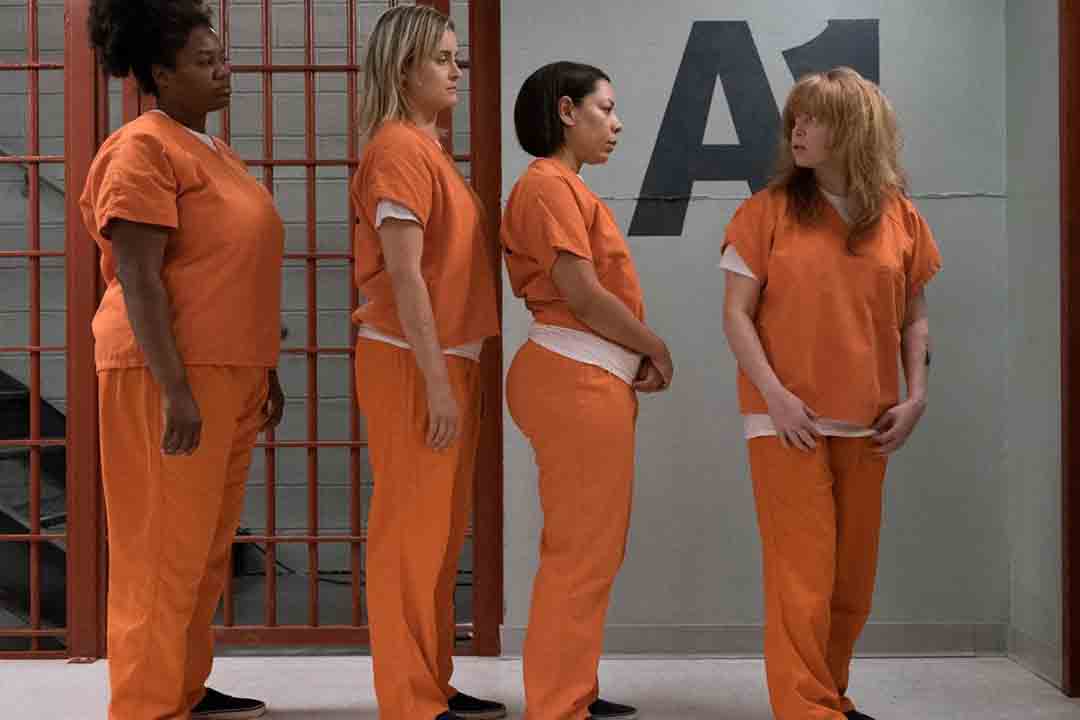In recent years, television has evolved into a platform for more than just entertainment. Many modern TV shows are tackling pressing social issues, offering nuanced portrayals of race, gender, mental health, and other critical topics. The power of television lies in its ability to reach millions of people and spark conversations about real-world problems, and many series today are making a conscious effort to represent diverse characters and tell stories that resonate with marginalized communities.
One of the most prominent examples of a TV show addressing social issues is Orange Is the New Black. This Netflix original shattered norms with its depiction of women from different racial and socio-economic backgrounds. The show brought to light issues surrounding the criminal justice system, LGBTQ+ rights, and racial inequality. Its diverse cast and multifaceted characters provided viewers with a deep look into the lives of women in prison, making it clear that their stories go far beyond the stereotypes often seen in media.
Similarly, Pose has been celebrated for its portrayal of the LGBTQ+ community, particularly transgender women of color. Set in the 1980s, the show explores the underground ball culture in New York City while shedding light on the struggles of transgender individuals. Pose stands out for having one of the largest casts of transgender actors in television history, a step toward authentic representation that has been long overdue. The show also touches on the HIV/AIDS crisis, bringing attention to a period of history that impacted LGBTQ+ communities disproportionately.
Mental health is another critical issue being explored in today’s TV landscape. Shows like BoJack Horseman delve into the complexities of depression, addiction, and self-destruction in ways that are both raw and thought-provoking. While the show is animated, its portrayal of mental illness is grounded in reality, offering a candid exploration of the internal struggles many people face. BoJack Horseman manages to balance humor with serious conversations about mental health, making it a standout example of how TV can address these issues meaningfully.
Race and systemic racism have also become central themes in many modern TV series. Dear White People, for instance, provides a sharp and witty examination of race relations at an Ivy League college. The show dives into microaggressions, cultural appropriation, and the challenges faced by students of color in predominantly white spaces. Through its exploration of these topics, Dear White People highlights the importance of addressing racial inequality not just in education but in society as a whole.

Insecure is another groundbreaking show that focuses on race, particularly the experiences of Black women. Created by and starring Issa Rae, the show follows the life of a young Black woman navigating love, friendship, and career challenges. What sets Insecure apart is its authentic representation of the Black female experience, offering a rare look into the day-to-day struggles and triumphs of its characters. The show’s humor and relatability make it both entertaining and insightful, providing a much-needed voice for underrepresented communities.
Shows like Euphoria are also pushing boundaries by addressing the realities of adolescence in the modern world. The series covers a wide range of social issues, including drug addiction, gender identity, mental illness, and body image. Euphoria doesn’t shy away from showing the darker aspects of growing up in today’s society, offering an unfiltered look at the pressures young people face. Its diverse cast and honest portrayal of these issues have earned the show both praise and controversy, but there’s no denying its impact on viewers.
Gender representation has also seen a significant shift in television. Shows like The Handmaid’s Tale explore gender oppression in a dystopian future but draw clear parallels to real-world issues, such as reproductive rights and patriarchal control. The series has sparked discussions around women’s autonomy and the importance of resisting gender-based oppression, making it one of the most culturally relevant shows of recent years. The Handmaid’s Tale isn’t just a gripping narrative; it’s a stark reminder of how fragile women’s rights can be.
Additionally, One Day at a Time offers a fresh take on family dynamics and cultural identity through its depiction of a Cuban-American family. The show explores topics like immigration, PTSD, and mental health within the context of a multigenerational household. Its mix of humor and heart makes these heavy subjects more accessible while still maintaining the gravity they deserve. The representation of Latinx culture and its struggles is something rarely seen on mainstream television, making One Day at a Time a standout in the conversation around diversity.
These shows are just a few examples of how television is evolving to address the social issues that matter most today. By offering diverse characters and tackling topics like race, gender, mental health, and identity, they are shifting the narrative and creating space for important conversations. In doing so, these TV shows are not just reflecting society but also helping to shape it, proving that representation and diversity on-screen can have a powerful impact off-screen as well.





